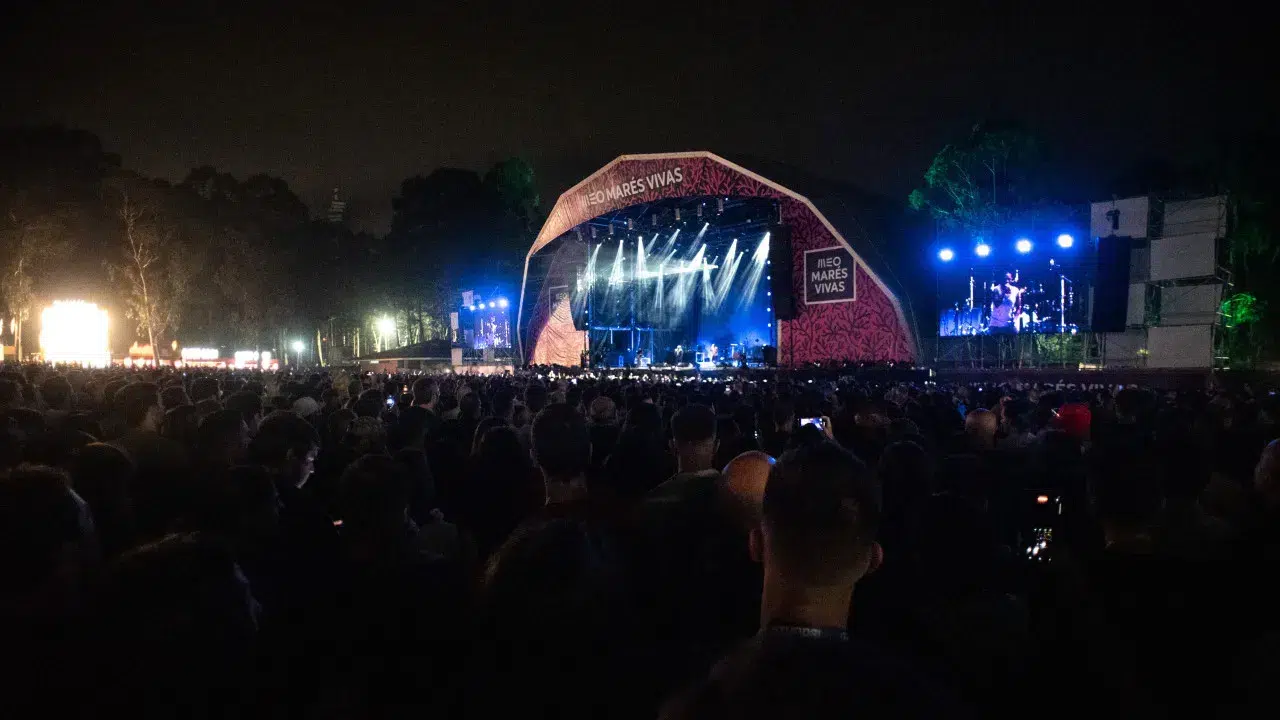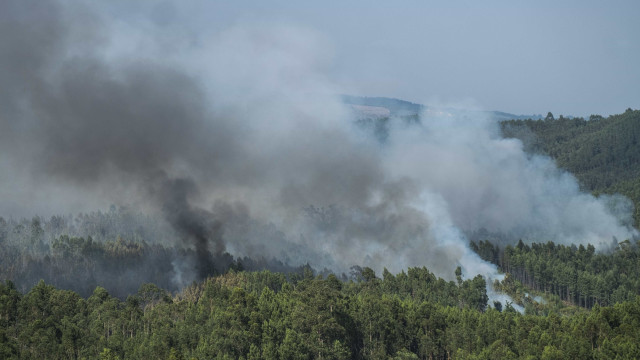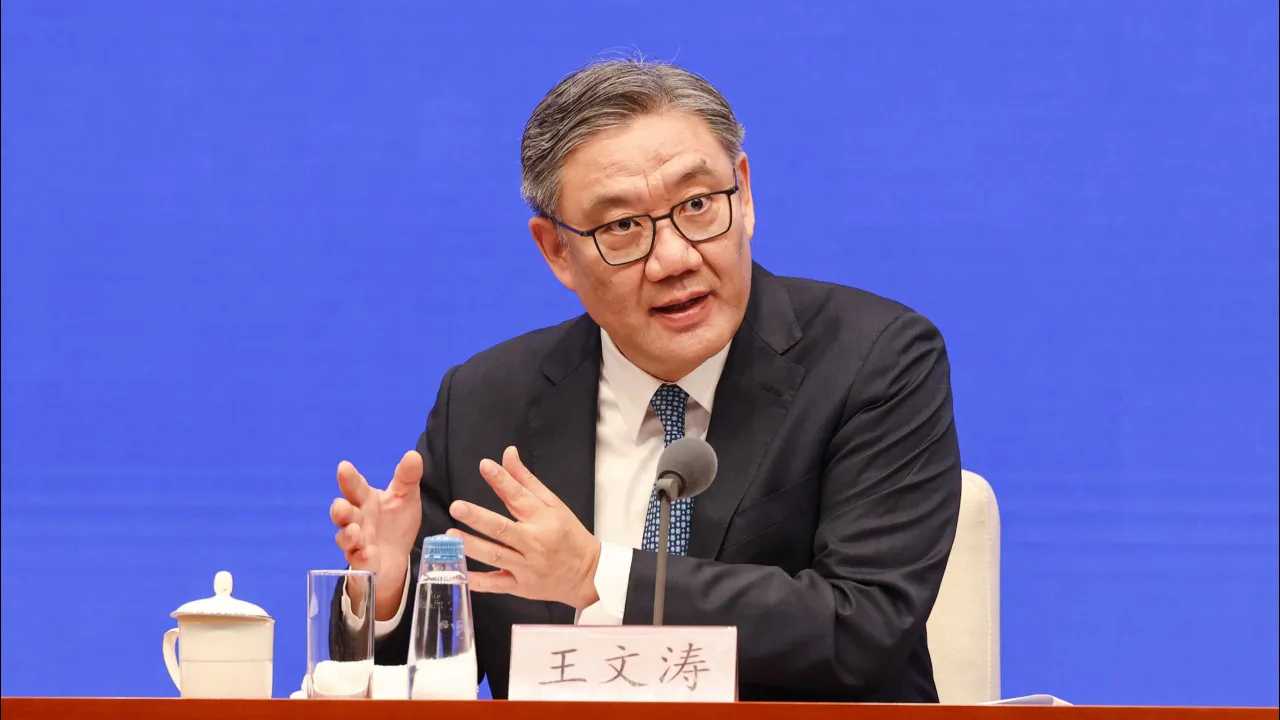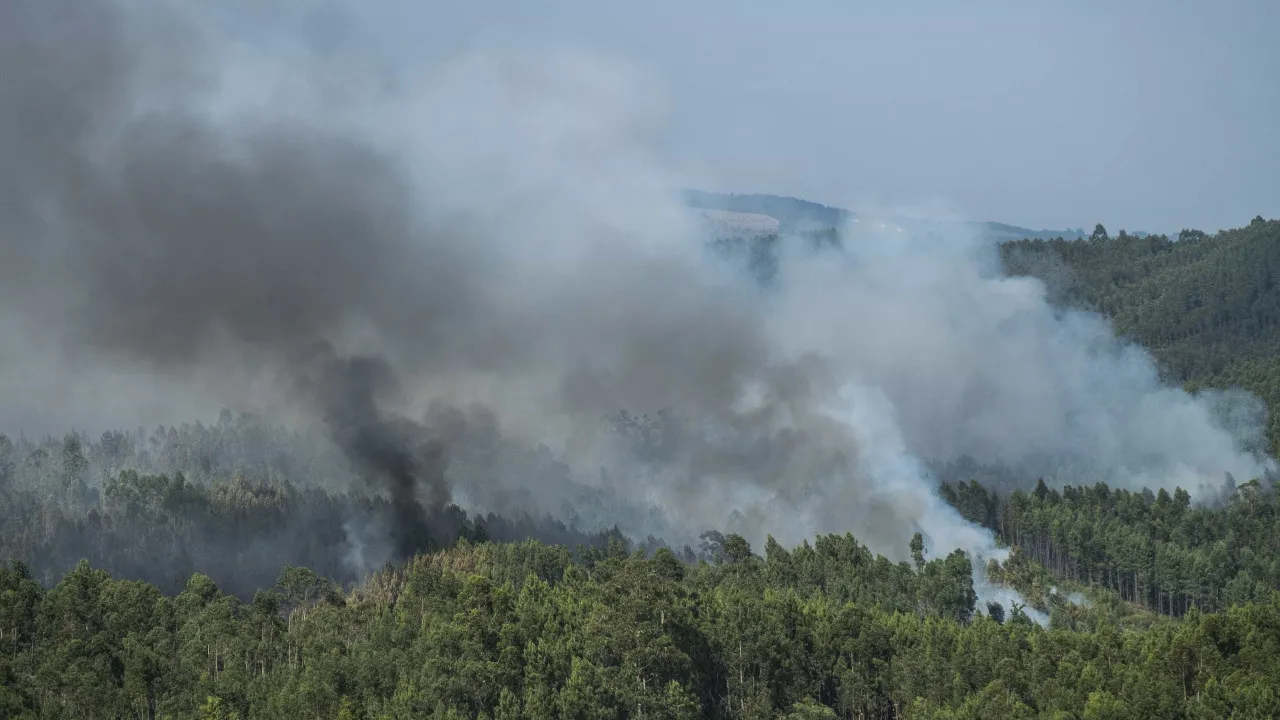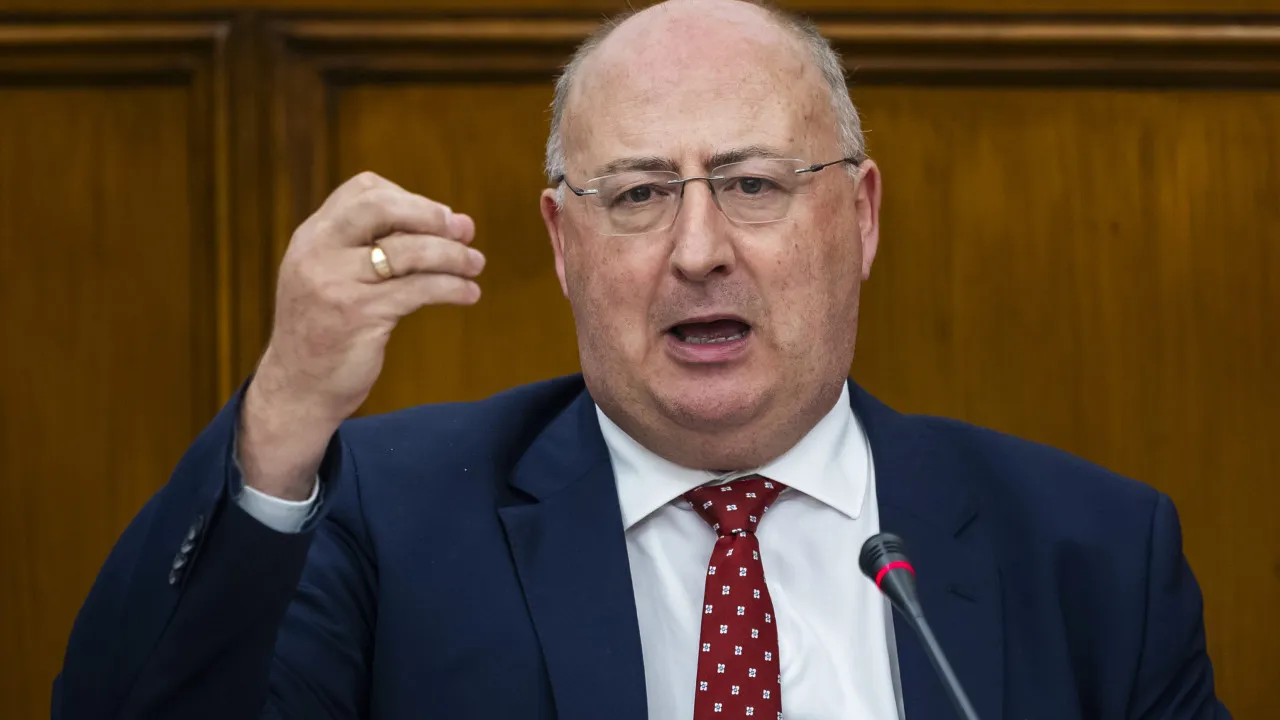
These statements were made during a parliamentary hearing requested by the Socialist Party (PS), the Communist Party (PCP), and the Juntos Pelo Povo (JPP), amid recent protests by winegrowers. José Manuel Fernandes clarified the measure aimed at the delivery of surplus grapes for distillation, emphasizing that the government’s primary focus is on small and medium-sized producers. The hearing, initially scheduled for 19:00, began at approximately 20:20 and was still ongoing at 22:07.
“The deputy mentions 13 million euros. It will depend. And we are democrats. We submitted an interinstitutional document because we have a price in mind for the kilogram of grapes, but we want to hear from people,” said José Manuel Fernandes in response to Alfredo Maia from the PCP, elected by Porto.
The official stated that the amount would depend on the number of grapes delivered for distillation, as “no one can predict” the exact amount, and that a “mathematical calculation” would follow.
“Of course, we have our scenarios and forecasts. Our goal is that by September, with the help of the Instituto do Vinho do Douro e Porto (IVDP), everything will be resolved. Who will receive the aid? It is the producer,” assured José Manuel Fernandes.
“In the Douro, there are 18,293 winegrowers, and 7,485 have less than 0.5 hectares,” the minister began. “The stock in the Douro region is an impressive 444 million liters, while Portugal produces 700 million liters in total,” added José Manuel Fernandes.
In the last campaign in the region, according to figures cited by the minister, 155 million liters of wine were produced, and 115 million were sold, leading to further product accumulation.
José Manuel Fernandes emphasized that “not everything is bad in the wine sector,” noting that last year registered a surplus of 11% compared to 2023, equating to 806 million euros.
The other two requests were presented by Júlia Rodrigues, elected by the Bragança electoral district, and Filipe Sousa from the JPP in Madeira.
On Thursday, winegrowers marched through some of the main streets of Peso da Régua in protest against difficulties in selling grapes and their low prices.
On the same day, the National Confederation of Agriculture (CNA) delivered a motion to the official residence of the prime minister with the demands of the Douro winegrowers, specifically the prohibition of purchasing grapes below the cost of production.

